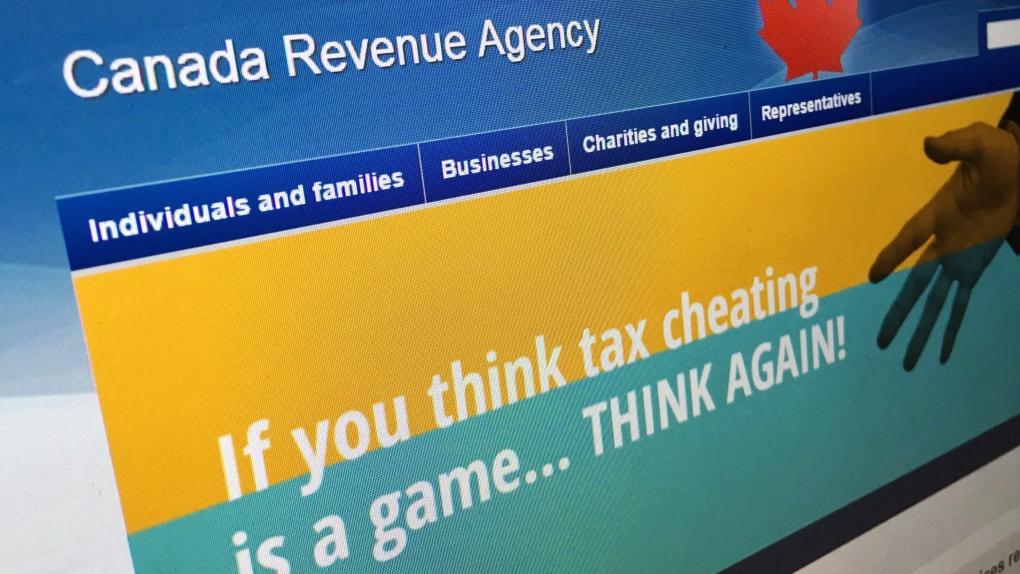- cross-posted to:
- canada@lemmy.ca
- cross-posted to:
- canada@lemmy.ca
cross-posted from: https://kbin.social/m/canada@lemmy.ca/t/769112
These are Canada’s new tax brackets and income tax rates in 2024
Cooler inflation in 2023 is affecting how much Canadians will pay in income tax this year.
The “good news“ mentioned in this article is that your effective tax rate is lower because wages haven’t kept up with inflation. Yay?
Over the last year wage growth significantly outpaced inflation.
https://www.reuters.com/markets/bank-canada-may-trail-fed-rate-cut-wage-growth-runs-hot-2024-01-17/
According to that article wage growth outpaced inflation in 2023 by 2.3%.
This site breaks down various numbers
https://mishtalk.com/economics/how-is-canadian-wage-growth-stacking-up-to-inflation/
I couldn’t find a more official source, so take the numbers with some doubt.
In any case, nominal wage growth Mar 2020 - Nov 2023 was 14.7%, which is -1.3% after inflation. If we start that window in Jan 2020 we actually have a net positive 2.1% wage growth after inflation. That is 0.5% on an annualized basis.
Wage growth has been surprisingly strong post-pandemic. I think it’s going to be more sticky than inflation as well. The main ‘issue’ is that the wage growth isn’t being matched by improved economic output, which isn’t a great thing for the economy in the longer term.
Ah thanks for looking into that. The framing of the original article was pretty silly:
“Generally, where an individual’s income remains constant but tax brackets increase, an individual can expect to see their income tax liability decrease,” Abdulla added. “Most taxpayers would view this outcome as a ‘good thing.’”
That is irrational. One should not mind paying more taxes because of making more money! This is similar to when people turn down a promotion so that they’re not “bumped up” into the next tax bracket.
I don’t get your take. For the same nominal income you pay less taxes. For the same real income you pay the same taxes.The only way you pay more taxes is if your income grows faster than inflation.
For people on fixed incomes or who don’t see pay raises the decrease in taxes paid is actually a benefit. If the tax brackets weren’t pegged to inflation than those same people would be worse off.
The article says that “Most taxpayers would view this outcome as a ‘good thing.’” But that is only true if, contrary to fact, “most taxpayers” have lower income growth than inflation.
I think we’re talking past each other a bit instead of really disagreeing. I get your perspective that, given that one’s income is fixed, it’s better to pay less in taxes to reflect how much poorer you’ve become. Sure, that makes sense.
But here’s another perspective: the tax brackets are adjusted for inflation because inflation exists. Income tax wouldn’t function otherwise. So, if you’re paying less nominal taxes, it’s only because this year you’re poorer than the last. That is a strange thing to celebrate.


